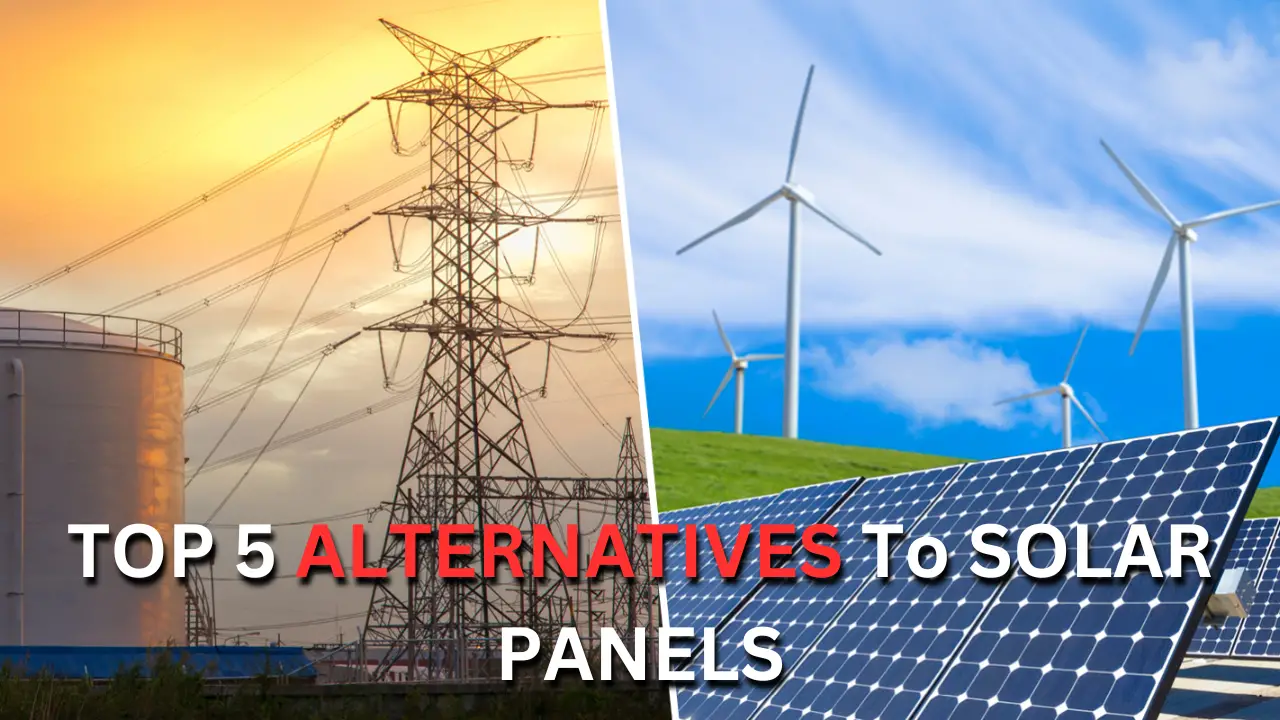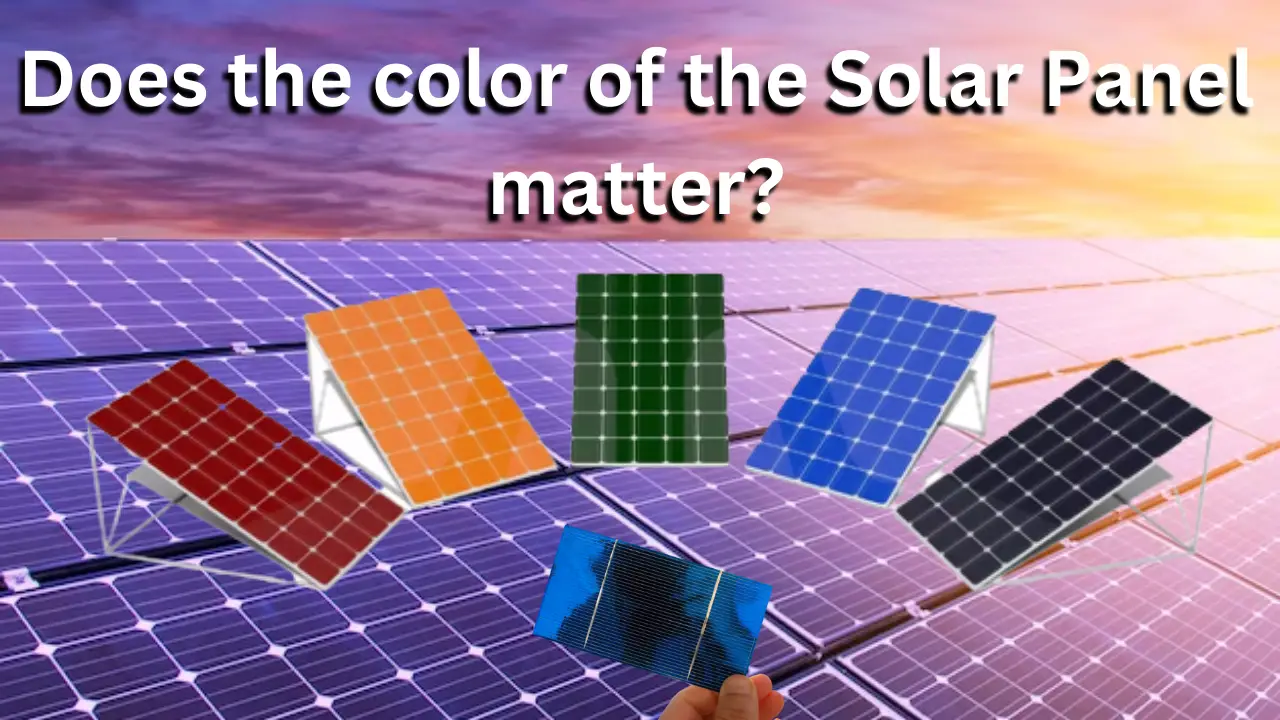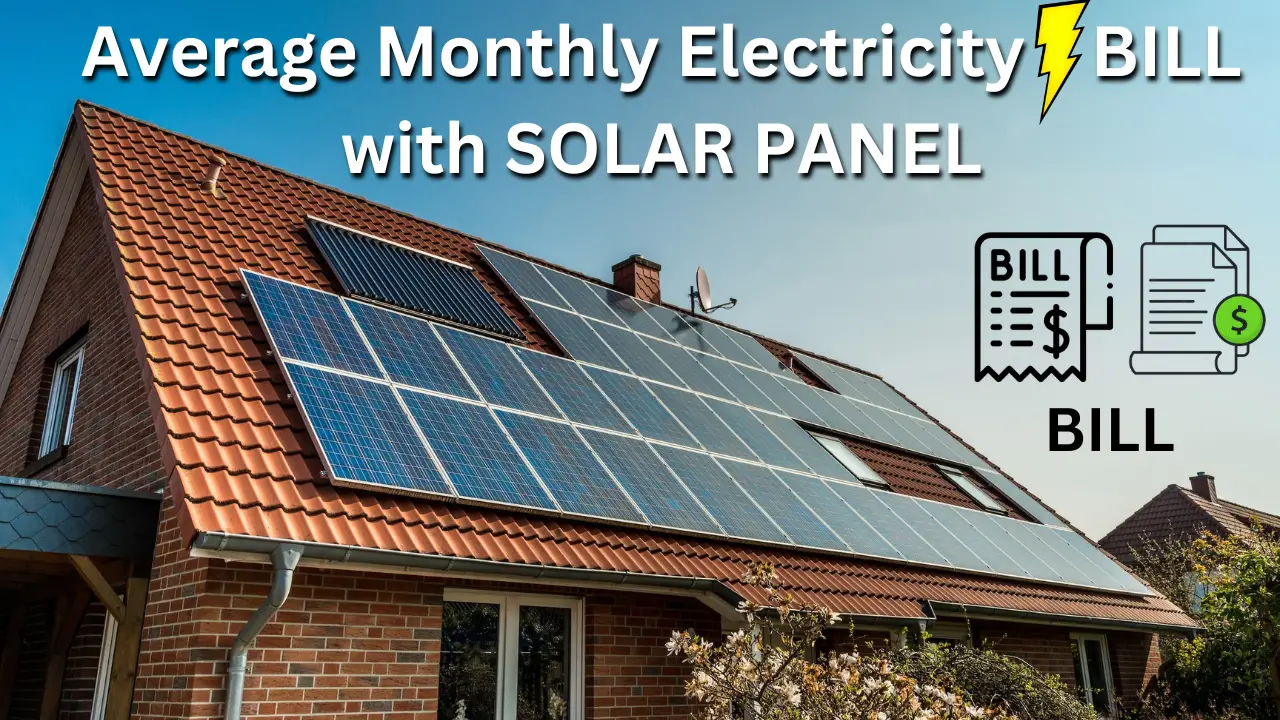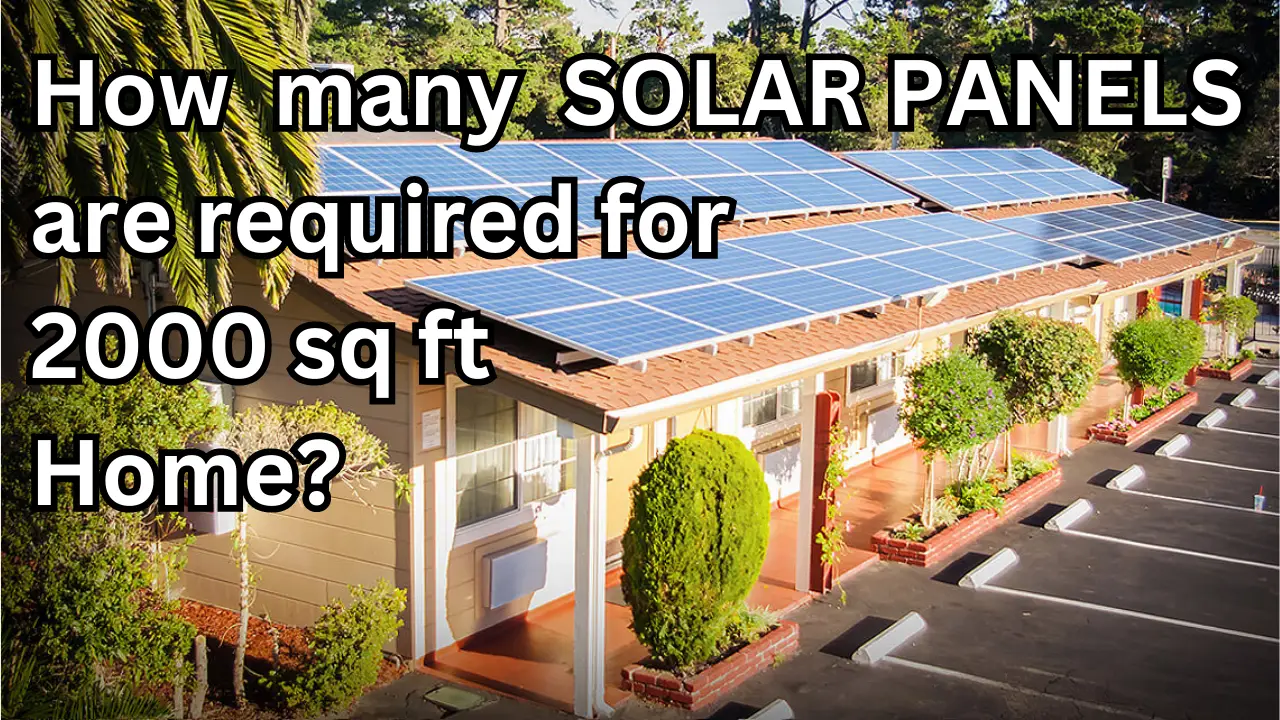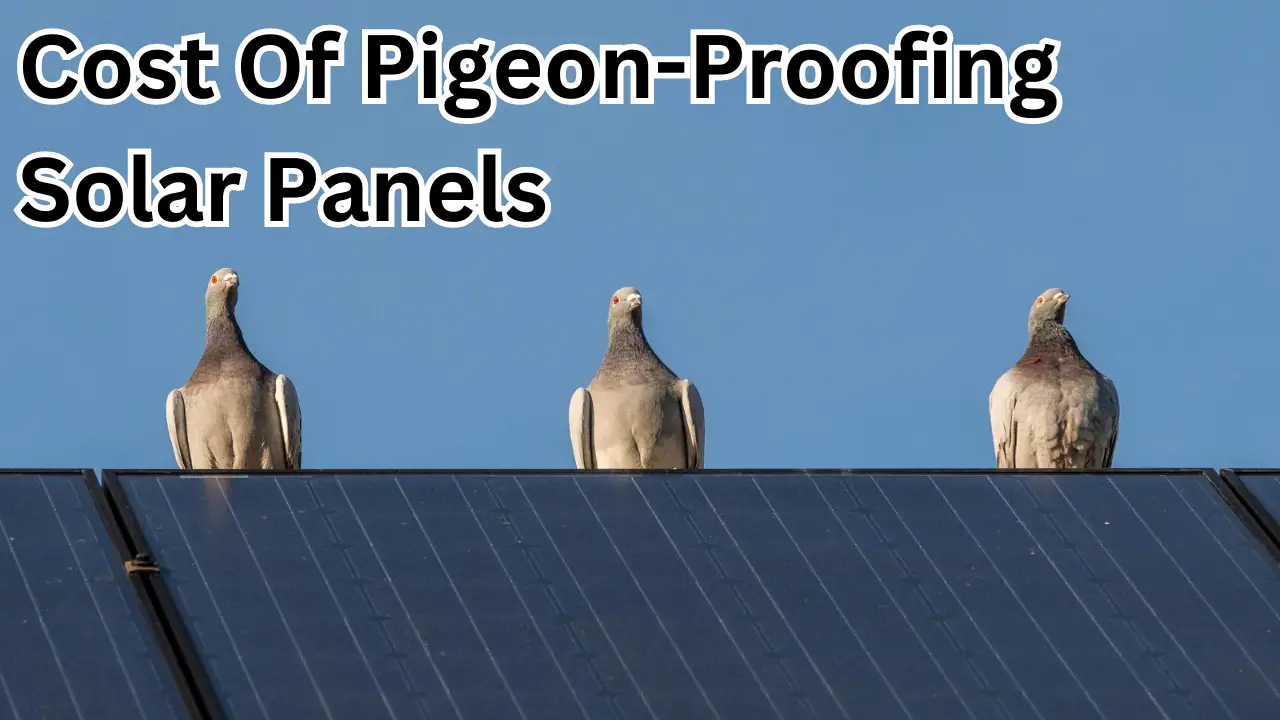There are several alternatives to solar panels for house use, even though solar energy is the most often used renewable energy source for residential areas. A great method to reduce your carbon footprint and turn environment friendly is by using a renewable source to heat and power your home.
Utilizing renewable energy sources has both major environmental and financial benefits. By adopting sustainable and renewable methods like biomass, solar, wind, geothermal, etc., you can contribute to global efforts for green energy.
The development of technology has led to numerous methods for producing renewable energy. Although solar electricity may be the most well-known, you can also invest in other effective and less expensive options than solar panels. This article will discuss alternatives to solar panels for your home and will help you know about them; these alternatives help the environment and save you money at the same time.
Top 5 Alternatives to Solar Panels
Geothermal Systems
By installing geothermal energy systems in your home, you can benefit from the earth’s subsurface temperature. Geothermal energy is produced using a pump and looping pipes. It can produce power, provide hot water, and heat or chill your home. It can be utilized in any environment and transports heat to or from the earth’s surface.

If you’re looking for something that will endure and make a meaningful difference for both the environment and your home’s carbon footprint, consider the enticing prospect of geothermal energy. With its ability to provide a consistent energy supply while reducing environmental impact, geothermal energy emerges as a smart and sustainable choice worth exploring. While initially expensive, geothermal energy systems are reliable and environmentally friendly.
Hydroelectric Systems
Even though a micro-hydroelectric system may not be suitable for everyone, this is a terrific alternative for you if you have flowing water on your land. You can redirect the flow of a nearby stream or river through a micro-hydroelectric system to produce renewable energy for your home.
There are numerous ways to use water to produce electricity. You can build a micro-hydroelectric system on your own if you have some engineering knowledge. Your micro-hydroelectric system will require vertical water flow diverted to a waterwheel, turbine, or pump in a regulated manner.
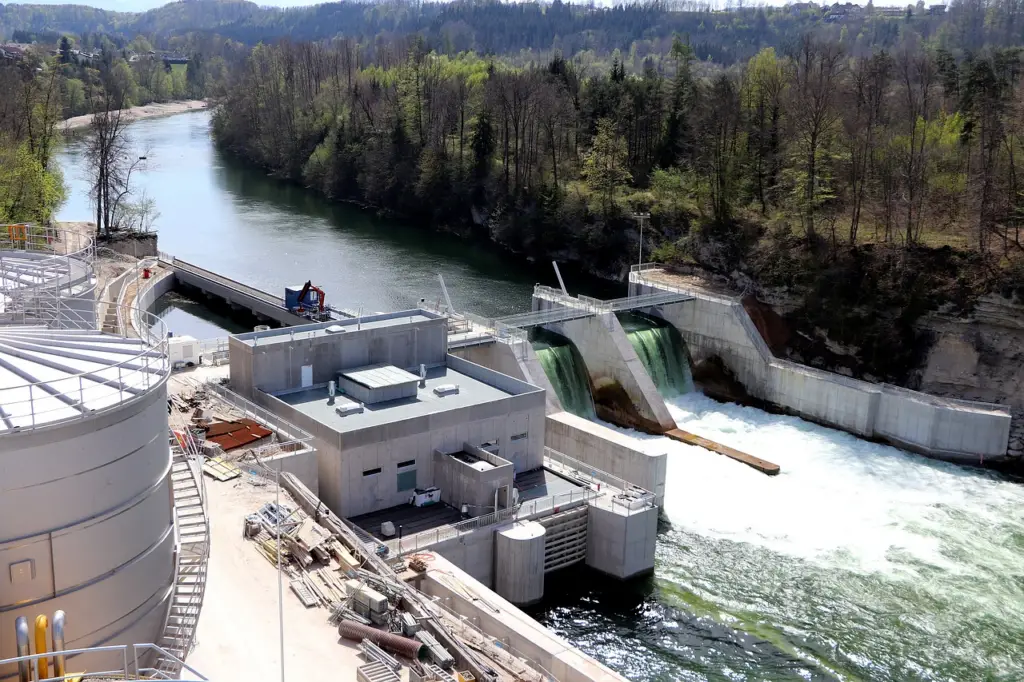
The benefits of a hydroelectric system are its stability and continuity as long as there is flowing water. It is also less expensive and simpler to operate than solar power installations.
Biomass Systems
Burning organic materials like wood, trash, plants, and other biomass can produce power or heat dwellings. It is considered a less expensive and low-carbon energy source than solar panels.
You can use biomass for cooking, heat your home, and heat water for household usage. Although wood is the most popular fuel type, numerous additional choices exist. The availability of fuel sources and reducing landfill waste are two benefits of employing biomass systems to generate energy.

Wind Power Systems
Wind turbines might not immediately come to mind when considering alternatives to solar panels for household use. They often require large, open locations and are loud. Fortunately, you can now install a small wind turbine in your garden thanks to contemporary technology.
Sustained winds are essential in your area since wind turbines rely on rotating blades to produce electricity. This renewable energy source will be preferable to solar panels if you reside in a location where high-speed wind occurs frequently. Although wind turbine systems are environmentally friendly, dependable, and economical, one drawback is the noise some systems make.
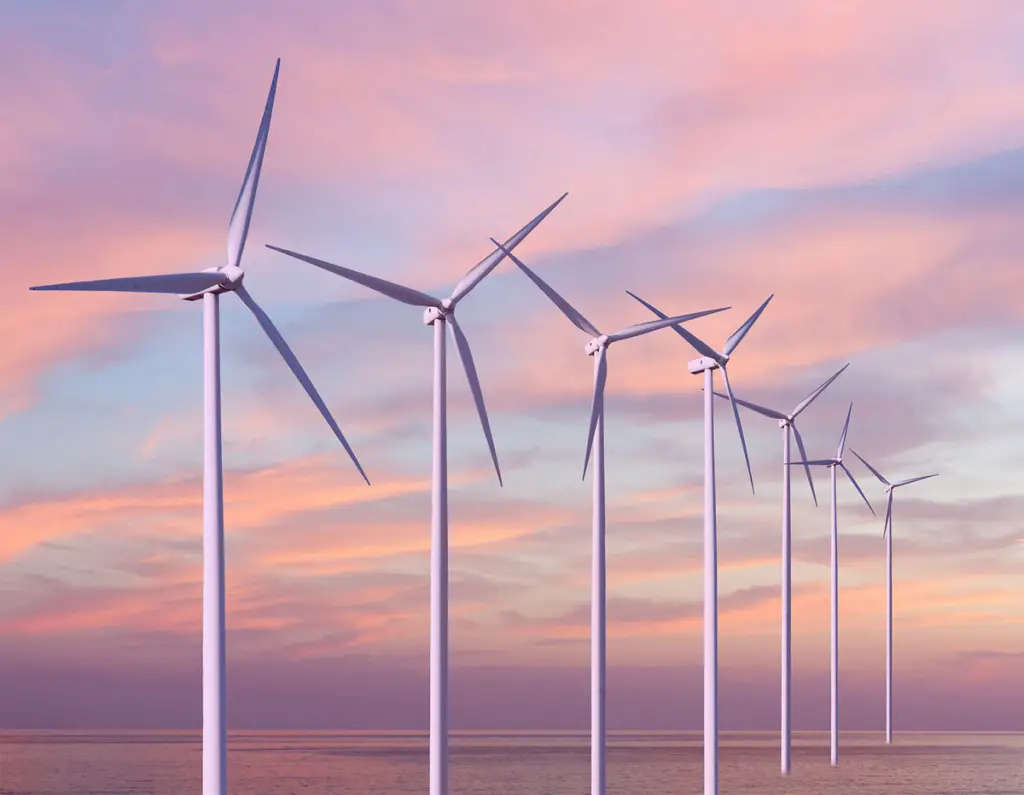
Solar Alternatives
If you want to use the sun to generate power but skip the step where you need to invest in a solar panel system, there are several solar panel alternatives for home use that can suit a specific energy need.
To give your home light during the day, you can use solar lights to replace your outside lighting, sun tunnels, or solar tube lights. If you enjoy baking and cooking a lot, consider switching to a solar oven for morning and afternoon baking and cooking. To keep your home cool, use a solar air conditioner or water heater. Consider installing solar shingles, which are similar to solar panels but distinct, if you want to produce electricity for regular home use.
Solar Lights
A simple method to conserve energy and money is to use solar lighting. Your home will be illuminated at night by them. Photovoltaic cells are mounted on top of these solar lights.
Your eyes’ photoreceptors have the power to turn on light. They operate in the dark and shut off in the sunlight. Lantern-shaped lights are available to hang outside. These may also be used inside and will charge throughout the day.
Solar Ovens
If you do, you’ll know how much energy your electric oven consumes. Therefore, investing in a solar oven that cooks food using the sun’s heat makes sense. It works just as well as a standard oven.
These solar ovens come in different sizes and types and are easy to use. You only need the sun to be functional. If you have the right solar oven, they can achieve temperatures of 350–400 degrees Fahrenheit and are both affordable and practical.
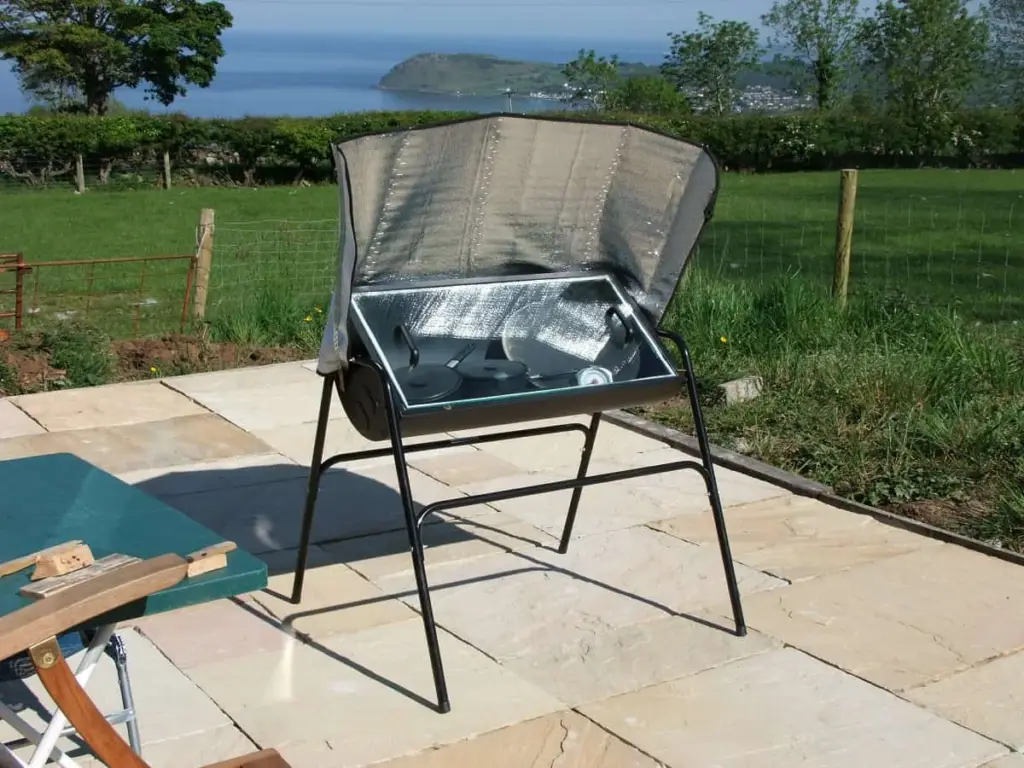
Due to their portability and small weight, solar ovens are also great for camping vacations.
Solar Air Conditioning
Solar panels are used in certain air conditioners so that the devices can collect solar energy and remain operational for significantly longer. Two of the available various types include hybrid systems and evaporative chillers.
Make sure you are aware of this kind of air conditioning. This may not be your best option if you don’t frequently use ACs.
However, this is a great alternative if you frequently use your air conditioners, which results in high electricity bills. These air conditioners can function even when there is no power.
Solar Water Heater
A solar-powered water heater will help you save money because heating water is rather expensive. As long as there is sunshine, it is inexpensive, efficient, and environmentally friendly.
A solar collector turns sunlight into heat in a sun-powered heater. Water lines are then used to circulate the warmed water in the storage tank. An efficient and affordable way to heat water in your home, all the components are highly insulated for optimal heat retention.

Solar Attic Fans
You can use solar attic fans to cool your house throughout the summer to avoid paying for air conditioning. Because it is solar-powered, your electricity bill won’t go up.
Even better, most solar-style attic fans are made to blend in with the decor of your house and are simple to install. The solar attic fan pulls hot air out of your attic through solar panels installed on the roof, pushing it up and out of vents.
How to Pick the Best Renewable Energy Source For Your Home
Planning to build a renewable energy system at your home takes a lot of consideration. There are some things you need to consider before investing, irrespective of whether you want to utilize a solar panel system or one of the alternatives discussed.
Source Availability: Before investing in renewable energy for household usage, you must first choose which energy source you can use. While your land might not have enough wind to support a wind turbine system, you might have access to running water and a hydroelectric system instead.
Electricity Needs: Determining which renewable energy source will satisfy your daily energy requirements requires keeping track of those needs. You may estimate your electricity consumption to assist you in deciding how big the system should be and how stable its output should be.
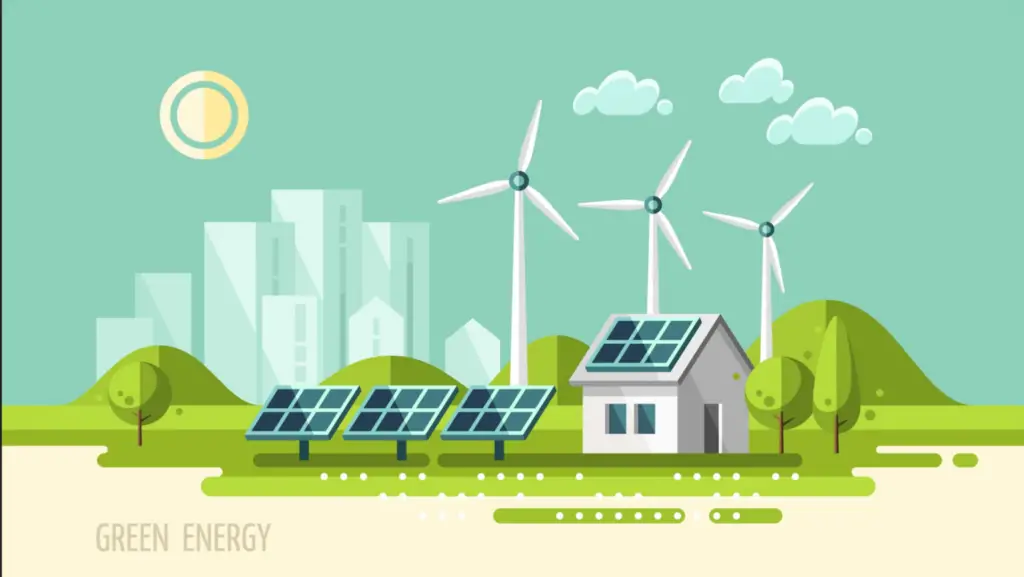
Local laws: Depending on where you live, installing certain energy systems might not be permitted, and they might also require that you keep an electrical connection to the grid. Checking your local rules and requirements is essential before investing in a renewable energy-generating system.
Grid-Connected or Off-Grid: It’s important for you to determine whether you’d like to install an energy system that simply decreases your reliance on grid power or if you prefer utilizing electricity generated by your selected system rather than relying on the grid.
FAQs
What benefits come from employing alternate energy sources rather than solar panels?
The advantages of using alternative energy sources instead of solar panels depend on the specific method chosen. Wind turbines, for example, are beneficial in areas with ample wind resources. Hydroelectric systems offer consistent power generation and can be used in regions with water sources.
Geothermal energy provides a reliable and continuous source of power. By diversifying renewable energy sources, homeowners can maximize their energy generation potential and reduce dependence on a single method.
Are alternative energy sources as accessible and affordable as solar panels?
Alternative energy sources’ accessibility and affordability vary depending on location, available resources, and installation fees. Due to recent technology developments and growing acceptance, solar panels are now widely available and less expensive.
However, alternative energy sources should be evaluated individually, considering regional conditions and any relevant incentives or subsidies.
Can alternative energy sources be used in combination with solar panels?
The production of energy for a residence can indeed be achieved by combining several renewable energy sources. Some homeowners opt for hybrid systems that integrate solar panels with wind turbines, hydroelectric systems, or geothermal technologies. This combination can help optimize energy production by utilizing multiple resources and ensuring a more consistent power supply.
Final Thoughts
The number of chances we have to have a good effect on the environment through our energy decisions is simply amazing. You have the authority to make adjustments that lower energy use and embrace sustainable options as a homeowner.
Finding an appropriate sustainable energy source may at first seem difficult, but you now have important knowledge about the many residential solar panel possibilities. With this knowledge, you may confidently select the system that properly suits your needs and the distinctive features of your environment. You are laying the road for a better future by taking this action and adopting a more environmentally responsible mindset.

